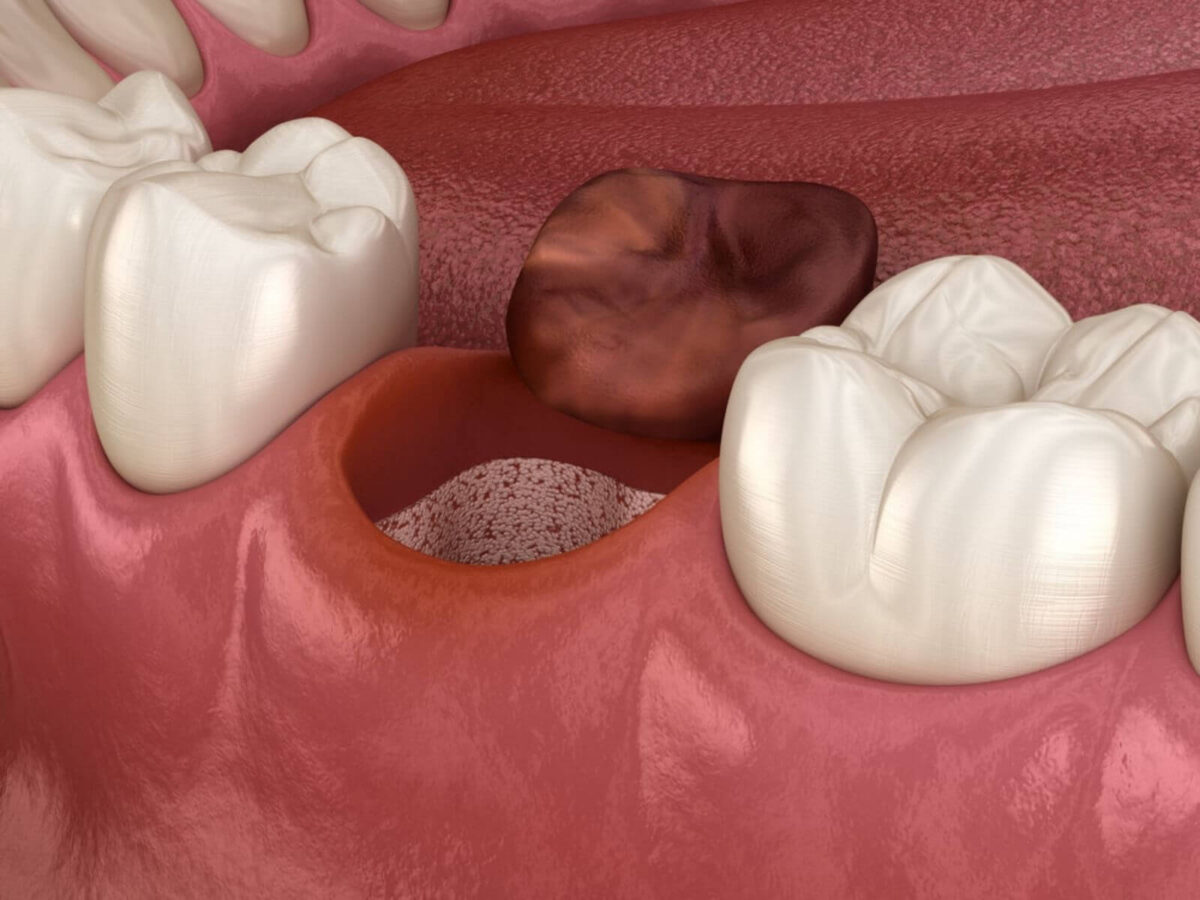Blog
Dental hygiene tips for healthy teeth & gums

Take These 6 Precautions To Prevent Dry Socket
The painful sensation in teeth is quite traumatizing. Dry sockets and their pain are common after a surgical procedure. People often follow the necessary steps to avoid similar complications. It is essential to prevent blood clots. Otherwise, the bone and surrounding tissue are exposed. It usually occurs when a blood clot moves or dissolves the socket.
With this article, you can learn more precautionary measures to avoid after-surgery complications. With safety measures and timely care, you can preserve your wounded area properly. Let us learn detailed tips to prevent dry sockets and similar complications.
What is a Dry Socket?
A dry socket is a common condition after dental surgery. When a tooth is removed, a blood clot is present over the tooth removal site. This clot protects the wounded tissue, nerve endings, and underlying teeth. If the clot remains in place, it protects and heals your mouth and returns it to normal. A dry socket or alveolar osteitis is experienced if the blood clot is dislodged.
A dry socket is a painful condition and makes you uncomfortable for days. You must follow the necessary steps to avoid it and other similar complications. It can also develop if no blood is formed over the surgery site.
Precautions to Prevent Dry Socket
Dentists suggest two- to three-day precautionary measures after dental surgery, such as tooth extractions. The surgery wound heals within this period, and one can return to their regular routine once the wound heals. Here are some common tips one can follow to avoid dry mouth or other painful conditions.
1. Dont Smoke
People who smoke are more likely to develop dry sockets. You also must avoid tobacco or other tobacco products. The fast inhalation of smoke can dislodge a blood clot. Also, tobacco products slow the healing process due to the presence of certain chemicals.
Over 12 percent of people who smoke cigarettes or other products after dental surgery developed dry sockets. You should avoid any smoking products and switch to nicotine patches for the next 48 hours.
You must suggest a dentist for sticking the surgical sites as prevention. You must wait at least 48 hours after surgery to avoid serious complications, and placing a gauze over the surgical site can prevent blood clot dislodging. You should also avoid nicotine gum or any other products that require excessive mouth movements.
2. Avoid Hot and Carbonated Drinks
Warm drinks often make you comfortable after surgery. But drinking hot tea, coffee, or excessively sugary drinks can slow down your healing process. You must switch to juice and room-temperature water.
Also, carbonated drinks cause a tingling effect and might dislodge your blood clot. This is why you must avoid soft drinks, energy drinks, or other sugar-containing packaged drinks to heal your wounds quickly.
3. Avoiding Using Straws
As discussed above, suction movement or any other excessive forced movements are dangerous for your mouth. This is why using straws causes pain if your wounds are not healed properly. It also might affect the blood clot’s ability to move and might slow down the recovery process.
You should avoid using straws for at least a week after the surgical procedure. If you feel it is painful to drink something, switch to mildly chill water and gulp it little by little to avoid any other complications.
4. Avoid Hard Foods
Most people avoid tough or hard food after dental procedures. Braces, root canals, or tooth extraction all these procedures make your teeth a bit sensitive. You need to avoid hard food for at least a week after this. You must ask your dentist for the list of foods to avoid to ensure you can follow proper precautions.
You also should avoid oily or greasy foods during this interval. Nuts, seeds, and gummy foods are also bad for your teeth. It is better if you try having mushy food like yogurt or applesauce to reduce pain while gulping.
5. Dont Rinse Mouth Too Vigorously
People have their personal hygiene routine to keep their teeth clean. Some floss twice a day, while some gargle after having food. Most dentists recommend twice brushing your teeth and flossing them once after dinner. But if you prefer rinsing your mouth after brushing or having food, you must do it carefully.
Vigorous rinsing of the mouth can dislodge your blood clot and cause pain. You must try mildly rinsing your mouth to avoid such risks. It is better if you do not push your mouth for much movement.
6. Maintain Proper Hygiene
Hygiene must be your top priority after the surgery. Sometimes, the risk and complication probability increases due to infections caused by improper hygiene. It is true that you should avoid gargling, vigorously rising, and using straws. But keeping your mouth hygienic and clean is also important.
Conclusion
The dry socket is painful and requires immediate medical attention. You must visit in an emergency if you feel excessive pain and discomfort. It is treatable but you must avoid such a painful experience by just following some tips. You must keep painkillers handy to feel better for a few hours until you visit the emergency in a hospital.
You can visit experts at Stellar Dental for dry socket treatment. With simple precautionary measures, you can return to your routine within a few days of the procedure.


